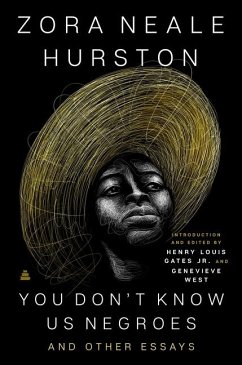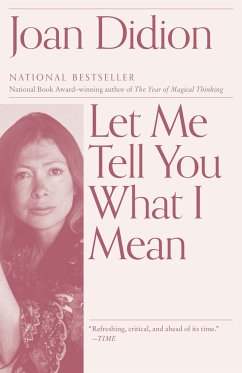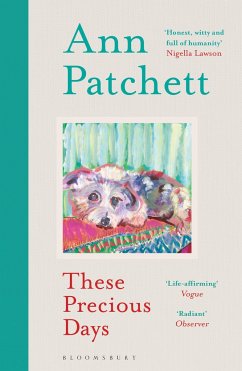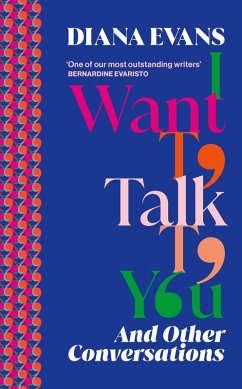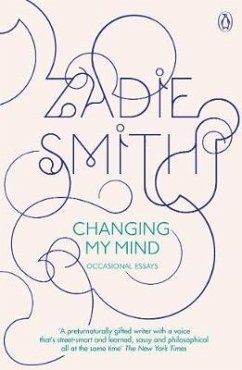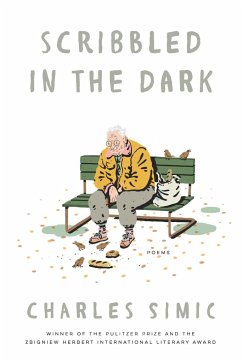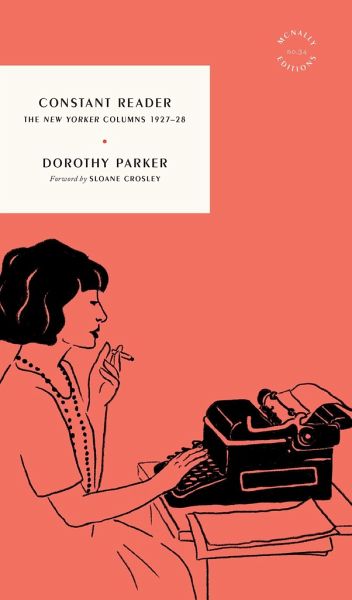
Constant Reader
The New Yorker Columns 1927-28
Mitarbeit: Crosley, Sloane
Versandkostenfrei!
Sofort lieferbar
10,99 €
inkl. MwSt.

PAYBACK Punkte
5 °P sammeln!
Dorothy Parker's complete weekly New Yorker column about books and people and the rigors of reviewing.When, in 1927, Dorothy Parker became a book critic for the New Yorker, she was already a legendary wit, a much-quoted member of the Algonquin Round Table, and an arbiter of literary taste. In the year that she spent as a weekly reviewer, under the rubric "Constant Reader," she created what is still the most entertaining book column ever written. Parker's hot takes have lost none of their heat, whether she's taking aim at the evangelist Aimee Semple MacPherson ("She can go on like that for hour...
Dorothy Parker's complete weekly New Yorker column about books and people and the rigors of reviewing.
When, in 1927, Dorothy Parker became a book critic for the New Yorker, she was already a legendary wit, a much-quoted member of the Algonquin Round Table, and an arbiter of literary taste. In the year that she spent as a weekly reviewer, under the rubric "Constant Reader," she created what is still the most entertaining book column ever written. Parker's hot takes have lost none of their heat, whether she's taking aim at the evangelist Aimee Semple MacPherson ("She can go on like that for hours. Can, hell-does"), praising Hemingway's latest collection ("He discards detail with magnificent lavishness"), or dissenting from the Tao of Pooh ("And it is that word 'hummy,' my darlings, that marks the first place in The House at Pooh Corner at which Tonstant Weader Fwowed up").
Introduced with characteristic wit and sympathy by Sloane Crosley, Constant Reader gathers the complete weekly New Yorker reviews that Parker published from October 1927 through November 1928, with gimlet-eyed appreciations of the high and low, from Isadora Duncan to Al Smith, Charles Lindbergh to Little Orphan Annie, Mussolini to Emily Post
When, in 1927, Dorothy Parker became a book critic for the New Yorker, she was already a legendary wit, a much-quoted member of the Algonquin Round Table, and an arbiter of literary taste. In the year that she spent as a weekly reviewer, under the rubric "Constant Reader," she created what is still the most entertaining book column ever written. Parker's hot takes have lost none of their heat, whether she's taking aim at the evangelist Aimee Semple MacPherson ("She can go on like that for hours. Can, hell-does"), praising Hemingway's latest collection ("He discards detail with magnificent lavishness"), or dissenting from the Tao of Pooh ("And it is that word 'hummy,' my darlings, that marks the first place in The House at Pooh Corner at which Tonstant Weader Fwowed up").
Introduced with characteristic wit and sympathy by Sloane Crosley, Constant Reader gathers the complete weekly New Yorker reviews that Parker published from October 1927 through November 1928, with gimlet-eyed appreciations of the high and low, from Isadora Duncan to Al Smith, Charles Lindbergh to Little Orphan Annie, Mussolini to Emily Post




